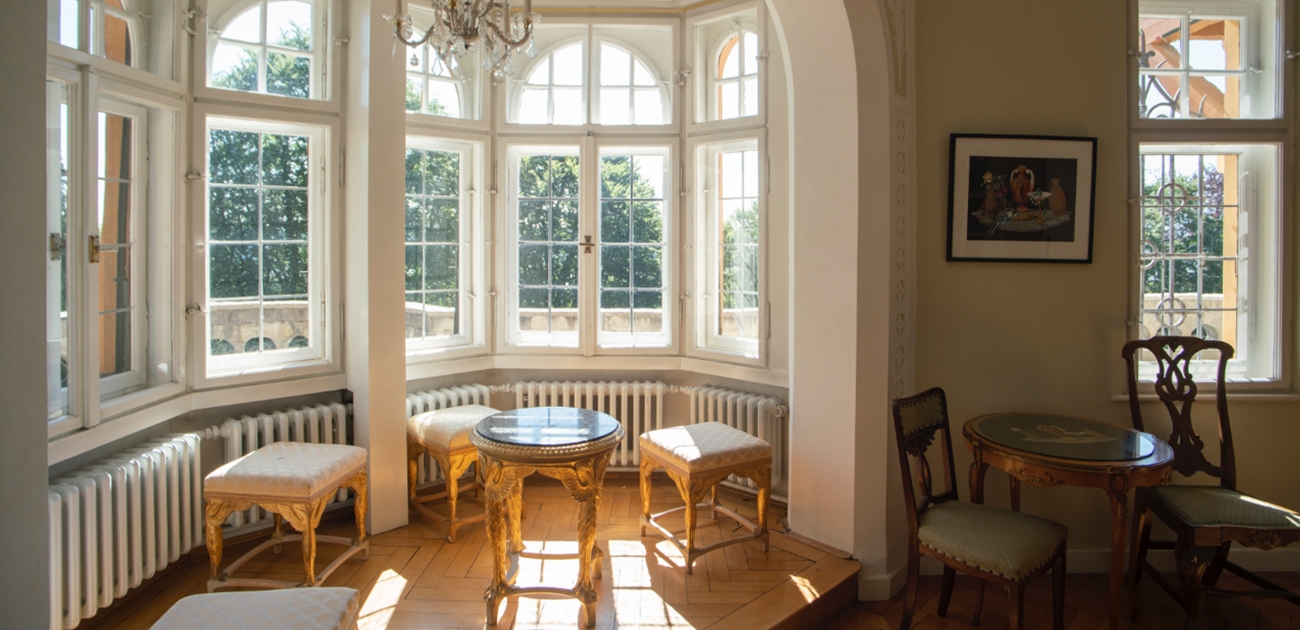
Gallery
Villa Waldberta
Lake Starnberg
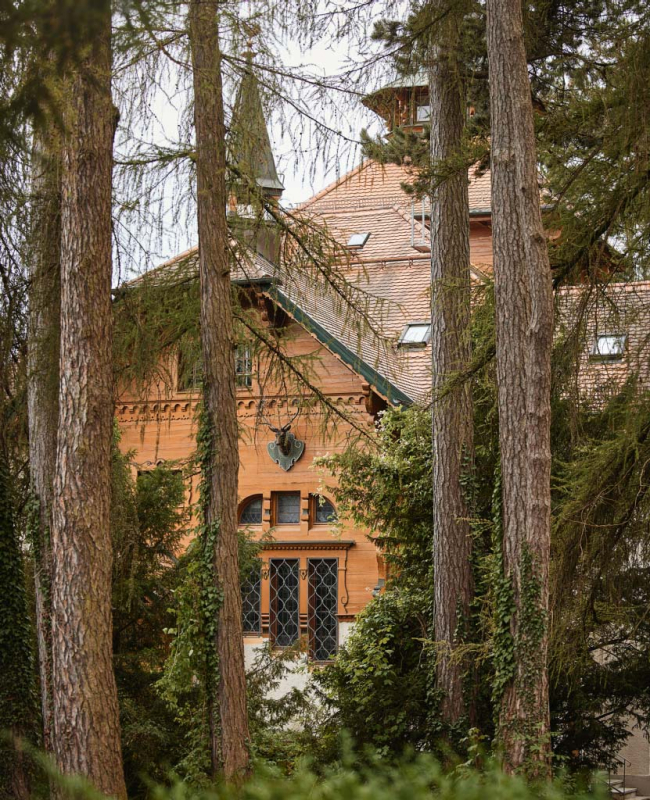
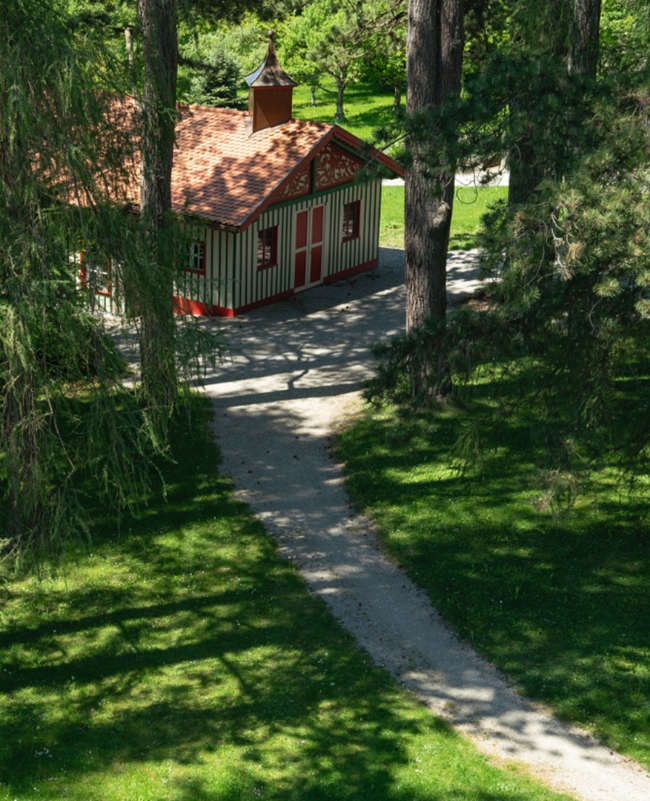
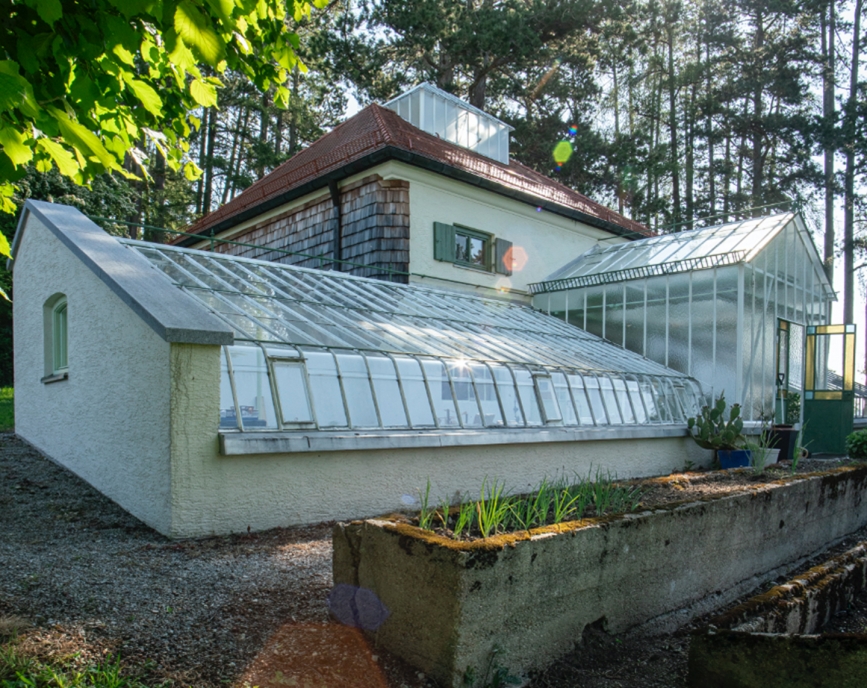
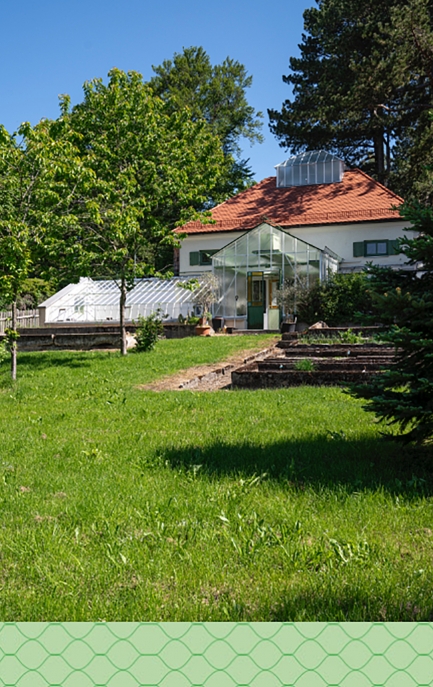
“I wouldn’t be able to do this film without this season in the mountains. You were the guardian angels of the artist in the most important moment. We never say good bye, we say see you soon.”
(Ygor Gama, Brasil)
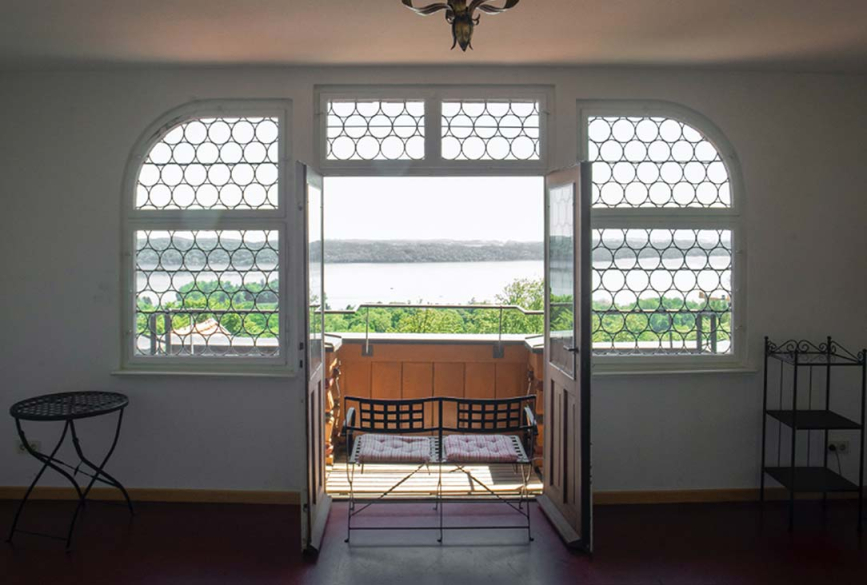
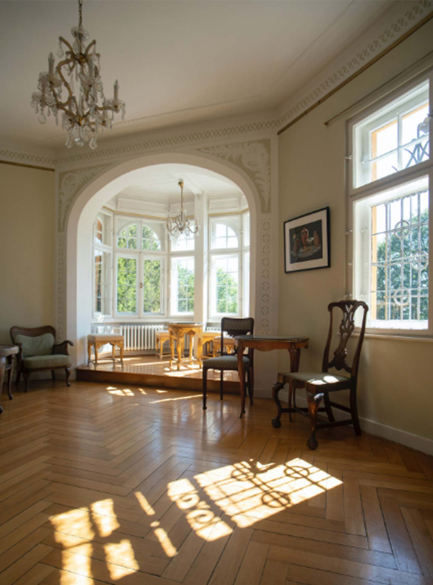
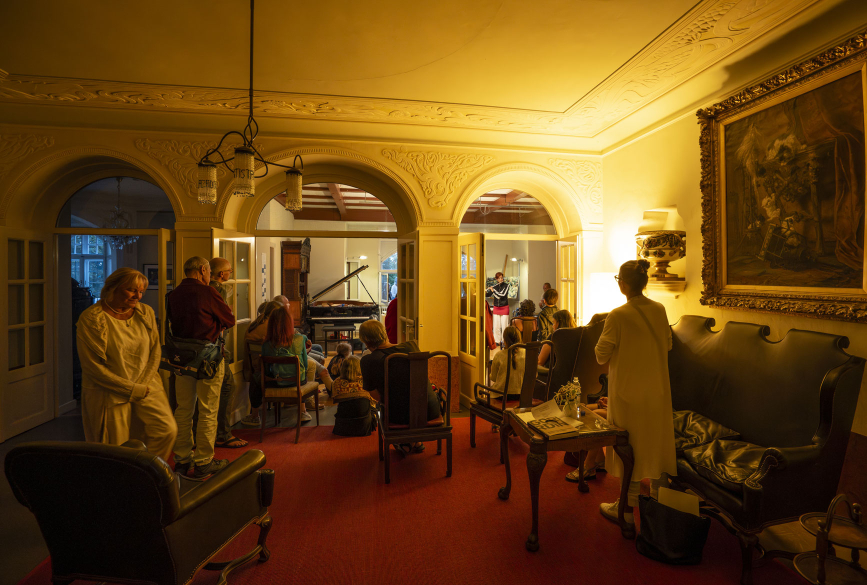
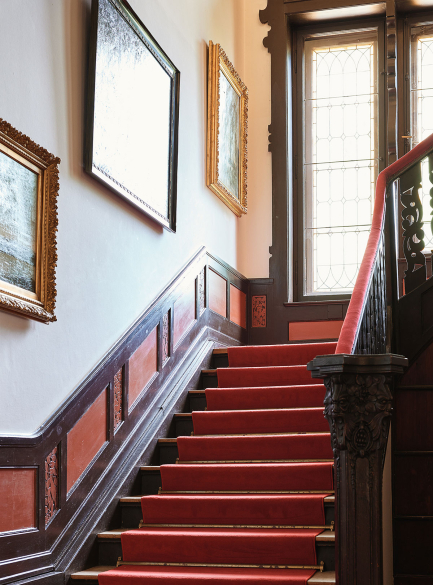
The Villa Waldberta in Feldafing, positioned high over Lake Starnberg in an expansive park, was built as part of the Höhenberg villa colony in 1901/02. From the beginning the grand residence was a place where cosmopolites and artists met, but it also became politically significant: after the Second World War the villa served as quarters for „Displaced Persons“ for many years, providing lodging for those persecuted by the Nazi regime whose repatriation to their native country was untenable. In 1972, during the Olympic Games in Munich, the then Federal Chancellor Willy Brandt stayed in the villa, where he received international politicians like Georges Pompidou and Henry Kissinger. In 1966 the establishment of a private foundation saw the villa pass into the ownership of the City of Munich. In 1982 the City Council decided to open the Villa Waldberta to international scholarship holders, providing them with free accomodation in the villa and allowing them to work creatively.
Ebenböckhaus
Munich
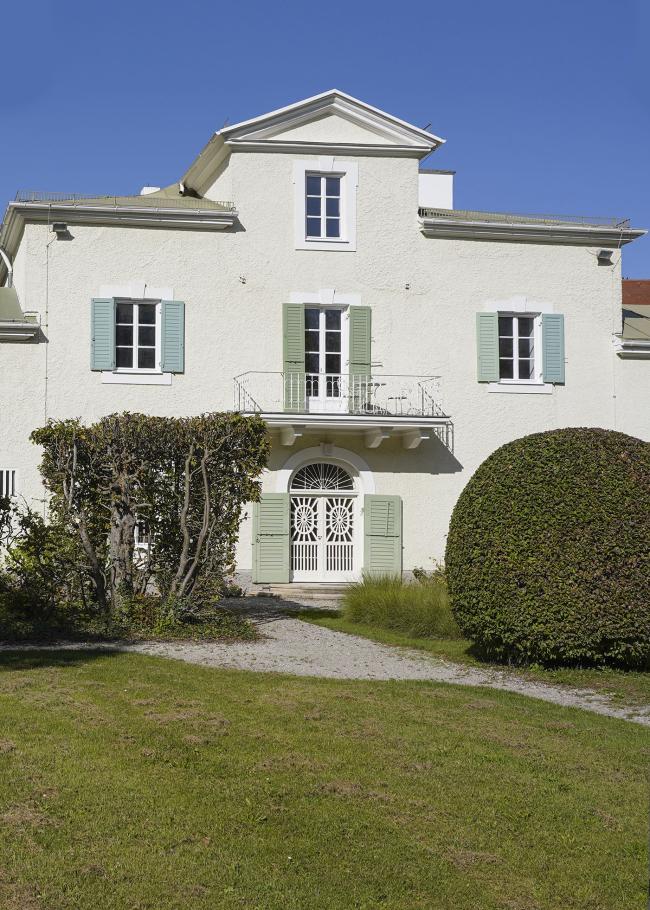
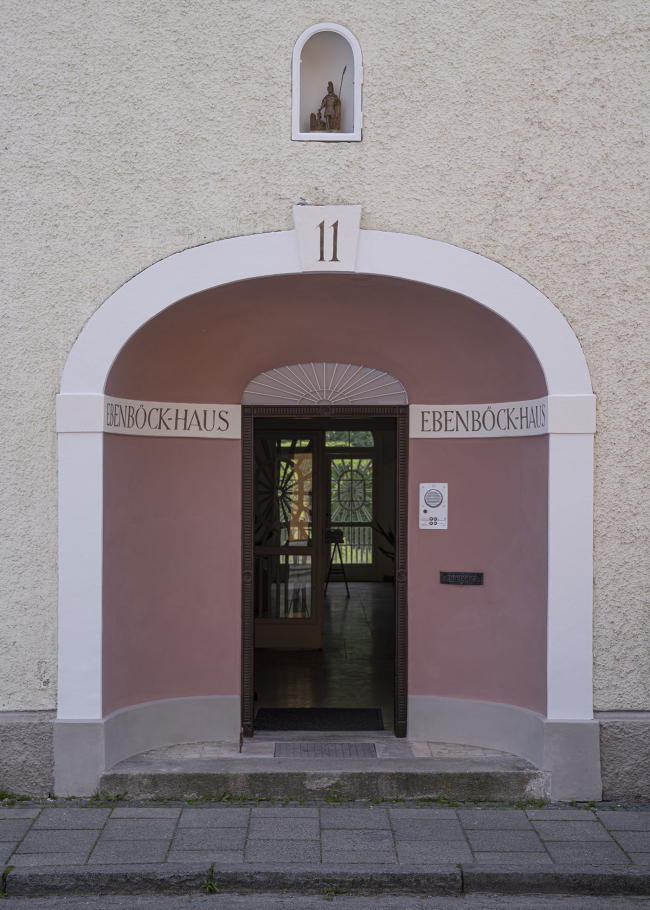
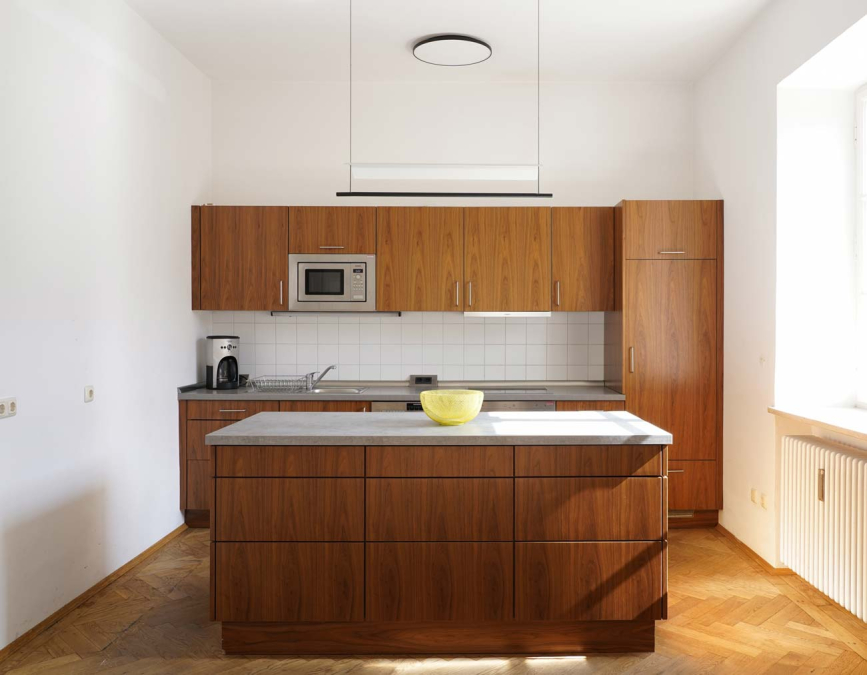
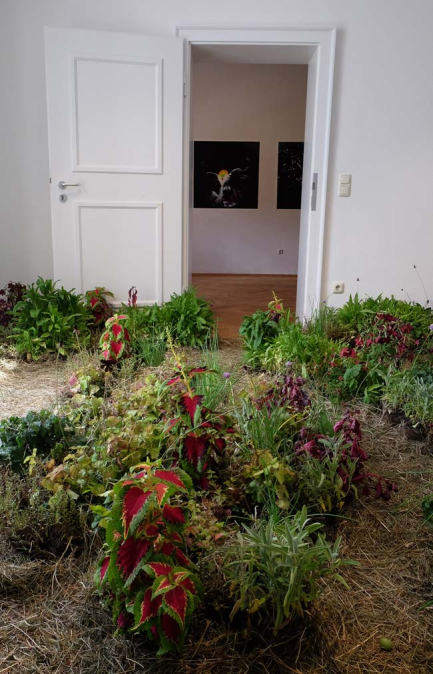
“A really great chance to have the time to explore our creative practices and collaborate. I had such a good time at Ebenböckhaus.”
(Leonardo Pellegrino, Italy)
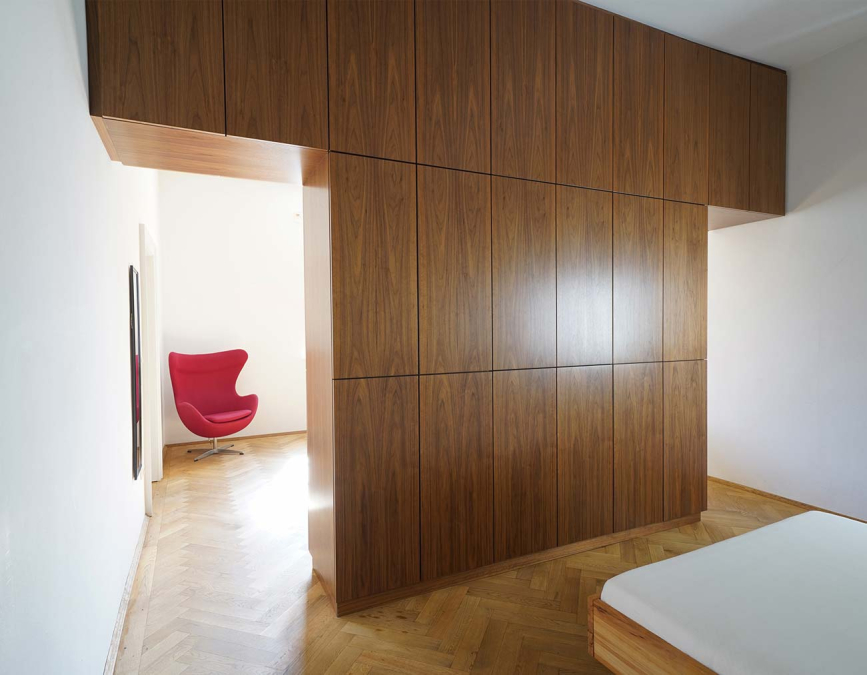
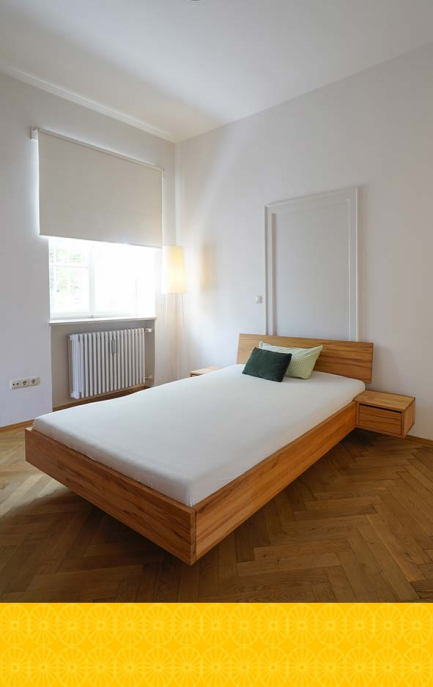
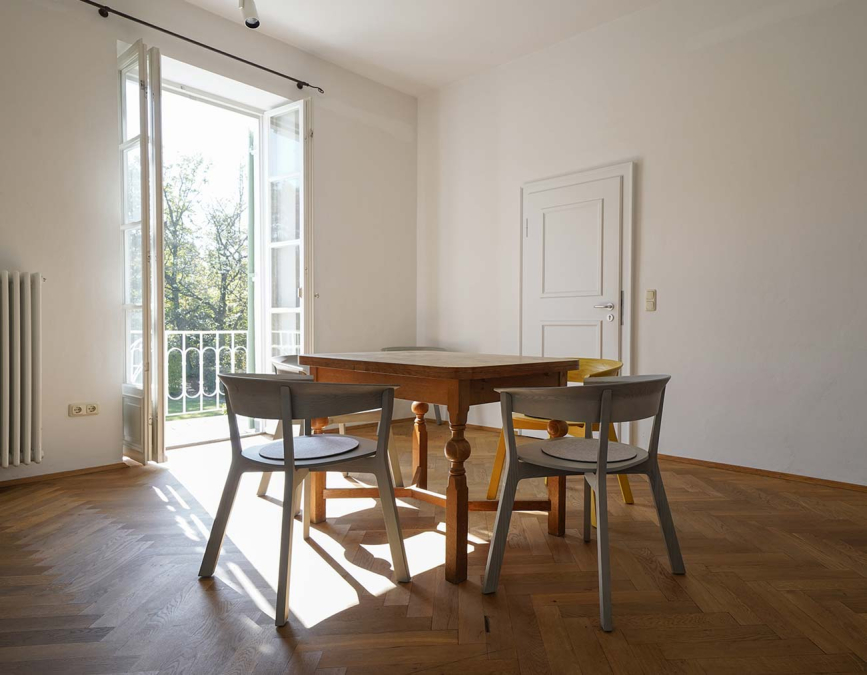
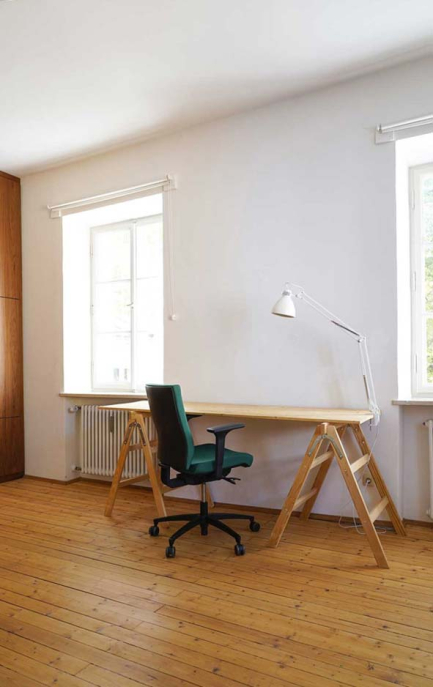
In 1865 the Ebenböck family moved their flourishing wax candle manufacture from Munich to Pasing and established their company headquarters there, which included a park. In 1926 the building was remodeled into a small castle in the neoclassical style, and the park was designed using elements of French garden landscaping. The family used this as their summer residence. The entertainer Karl Valentin and the painter Carl Spitzweg were among the guests of the Ebenböck family, who opened their doors to people who were active in the arts and the community. In 1952 the last descendant of the family bequeathed the property to the City of Munich.
